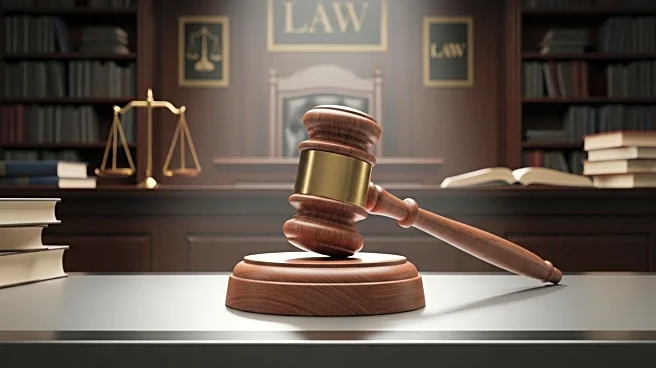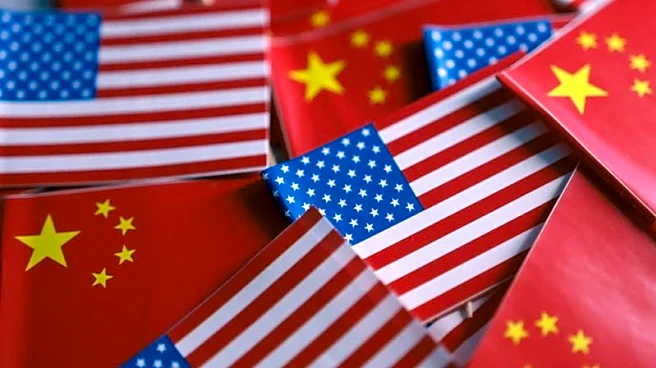What's Happening?
Senior Judge William Young of Massachusetts issued a notable legal opinion challenging the Trump administration's policies on First Amendment protections for non-citizens. The opinion, which critiques President Trump's approach to power, includes unique rhetorical elements and personal remarks, making it stand out in the legal community. Young's decision addresses the administration's attempts to limit free speech for pro-Palestinian protesters on college campuses. The opinion has sparked widespread discussion due to its bold style and the inclusion of a personal response to a threatening postcard received by Young.
Why It's Important?
Judge Young's opinion highlights the ongoing tensions between the judiciary and the executive branch, particularly regarding free speech and immigration policies. The decision underscores the judiciary's role in upholding constitutional rights, even amid political pressures. Young's approach may influence other judges to adopt more outspoken stances in their rulings, potentially impacting future legal interpretations and the balance of power between branches of government. The case also emphasizes the importance of protecting free speech in a democratic society.
What's Next?
The Trump administration is likely to appeal the decision, which could lead to further legal battles and potentially reach higher courts. The case may set a precedent for how similar issues are addressed in the future, influencing both legal and political landscapes. The opinion's reception within the legal community could prompt discussions about the role of judges in addressing broader societal issues and the appropriateness of using legal opinions as platforms for commentary.
Beyond the Headlines
The opinion raises questions about the ethical responsibilities of judges and the potential impact of personal expression in legal rulings. It also reflects broader societal debates about the limits of free speech and the role of government in regulating it. The case serves as a reminder of the judiciary's critical role in safeguarding democratic principles and the ongoing challenges in balancing individual rights with national security concerns.










